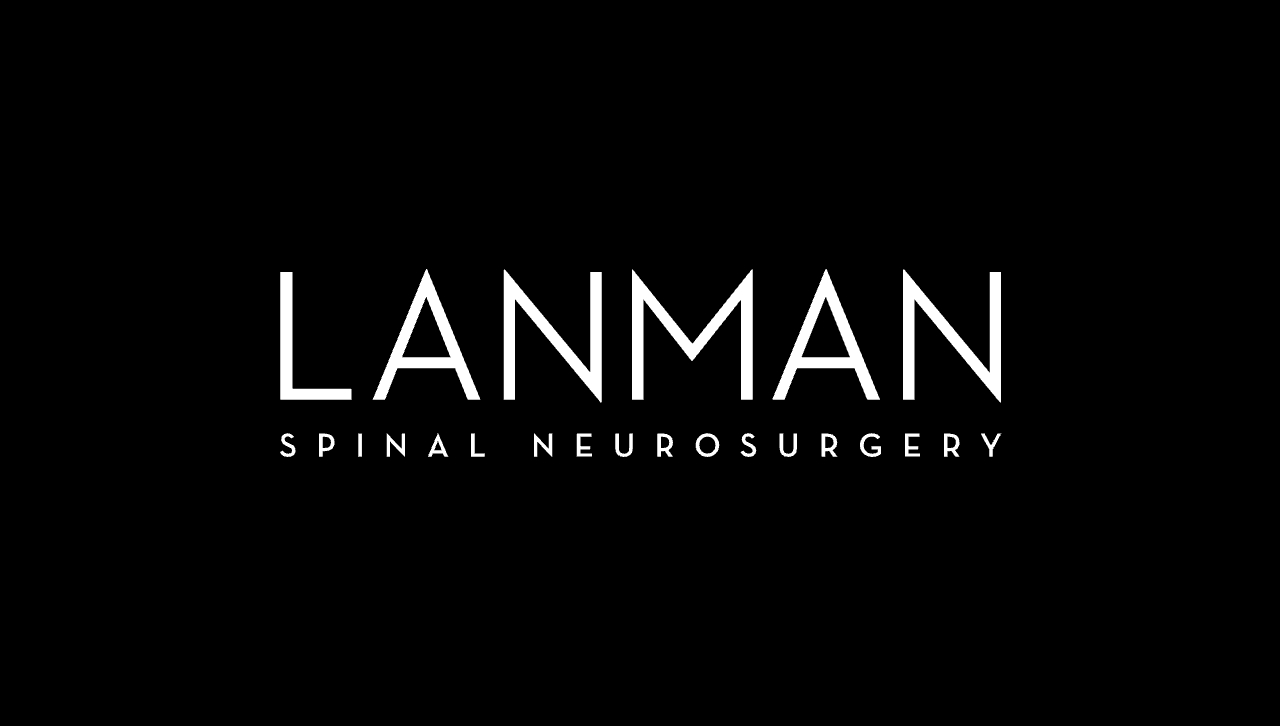A herniated disc is a common and often painful condition that can significantly impact one’s quality of life. Seeking timely treatment for this condition is essential for finding relief, preventing further damage, and maintaining overall well-being. Dr. Todd Lanman, a distinguished expert in spinal surgery with decades of experience, is here to shed light on the long-term effects of a herniated disc and why early intervention is critical.
Chronic Pain and Discomfort
Chronic pain and discomfort are common consequences of a herniated disc. The relentless presence of long-lasting neck pain can affect daily life, leading to frustration, anxiety, and decreased overall well-being.
Nerve Damage
Herniated discs can potentially lead to nerve damage, which, in turn, may cause muscle weakness. Understanding the connection between nerve damage and muscle weakness is vital. However, it’s important to note that timely treatment options, such as those offered by Dr. Lanman, can help mitigate these effects and restore strength.
Muscle Weakness and Atrophy
Prolonged nerve compression caused by untreated herniated discs can result in muscle weakness and atrophy. The risks of muscle degeneration are real and can lead to long-term issues. Exploring the consequences of muscle weakness and atrophy underscores the importance of seeking treatment to prevent these debilitating effects.
Loss of Mobility and Function
Diminished neck mobility is another long-term effect of untreated herniated discs. Over time, this can have a profound impact on daily activities and overall function. The good news is that treatment options, such as artificial disc replacement, can restore function and help patients regain their quality of life.
Degenerative Changes in the Spine
Leaving a herniated disc untreated can have long-term consequences, including degenerative changes in the spine. Understanding the connection between untreated herniated discs and spine degeneration emphasizes the value of proactive treatment. Early intervention is key in preventing these detrimental effects on the spine.
Conclusion
Understanding the long-term effects of a herniated disc is crucial for making informed decisions about treatment. Chronic pain, nerve damage, muscle weakness, and loss of mobility are just a few of the potential consequences of leaving a herniated disc untreated. Early intervention and personalized care from experts like Dr. Todd Lanman are essential for maintaining your spinal health and overall well-being.
FAQs
Can a herniated disc in the neck or back lead to other spine conditions over time?
Yes, a herniated disc in the neck or back can potentially lead to other spine conditions over time. Untreated or poorly managed herniated discs can cause a range of complications, including:
Nerve Compression: Herniated discs can compress nearby nerves, leading to conditions such as radiculopathy or sciatica, which can cause pain, numbness, and weakness in the arms or legs.
Spinal Stenosis: Prolonged pressure on the spinal cord or nerves can contribute to spinal stenosis, a condition where the spinal canal narrows, leading to symptoms like pain, tingling, and muscle weakness.
Adjacent Segment Disease: Changes in spinal biomechanics due to a herniated disc can put added stress on adjacent discs, potentially leading to their degeneration and the development of new disc problems.
Can a herniated disc in the neck or back heal on its own without treatment?
In some cases, a herniated disc may heal on its own without the need for surgical intervention. The body has a natural ability to absorb and reabsorb the material that has leaked from the disc. However, healing without treatment is more likely to occur in mild cases with small herniations, and it may still take a considerable amount of time.
It’s important to note that not all herniated discs will heal without treatment, and some may worsen over time. The symptoms associated with a herniated disc, such as pain, numbness, and weakness, often necessitate medical intervention to alleviate discomfort and prevent further damage.
What are the advantages of artificial disc replacement for treating a herniated neck disc?
Artificial disc replacement (ADR) offers several advantages for treating a herniated neck disc compared to traditional treatments like spinal fusion:
Preservation of Motion: ADR aims to replicate the natural motion of the spine, allowing patients to maintain flexibility and mobility in the treated area. Spinal fusion, on the other hand, restricts motion in the fused segment.
Reduced Risk of Adjacent Segment Disease: ADR can potentially reduce the risk of adjacent segment disease, a condition where the segments above and below a fused disc may experience increased stress and degeneration.
Shorter Recovery Time: ADR often has a shorter recovery time compared to spinal fusion, allowing patients to return to their normal activities sooner.
No Risk of Non-Union: In spinal fusion, there is a risk of non-union, where the vertebrae fail to fuse. ADR eliminates this risk, as there is no need for fusion.
Potential to Delay or Avoid Fusion: ADR can be an alternative for individuals who want to delay or avoid spinal fusion surgery.
Who is a suitable candidate for artificial disc replacement in the neck?
The suitability for artificial disc replacement in the neck, or cervical disc replacement, depends on various factors, including:
The specific diagnosis and location of the cervical disc problem.
The overall health and medical history of the patient.
The patient’s age and lifestyle, as younger, more active individuals may be better candidates for ADR.
The extent of degeneration or damage to the affected disc.
The absence of severe osteoporosis or instability in the spine.
It’s essential for individuals considering artificial disc replacement to undergo a comprehensive evaluation by a spine specialist, like Dr. Todd Lanman. The choice between ADR and other treatments should be based on a personalized assessment of each patient’s unique situation.








